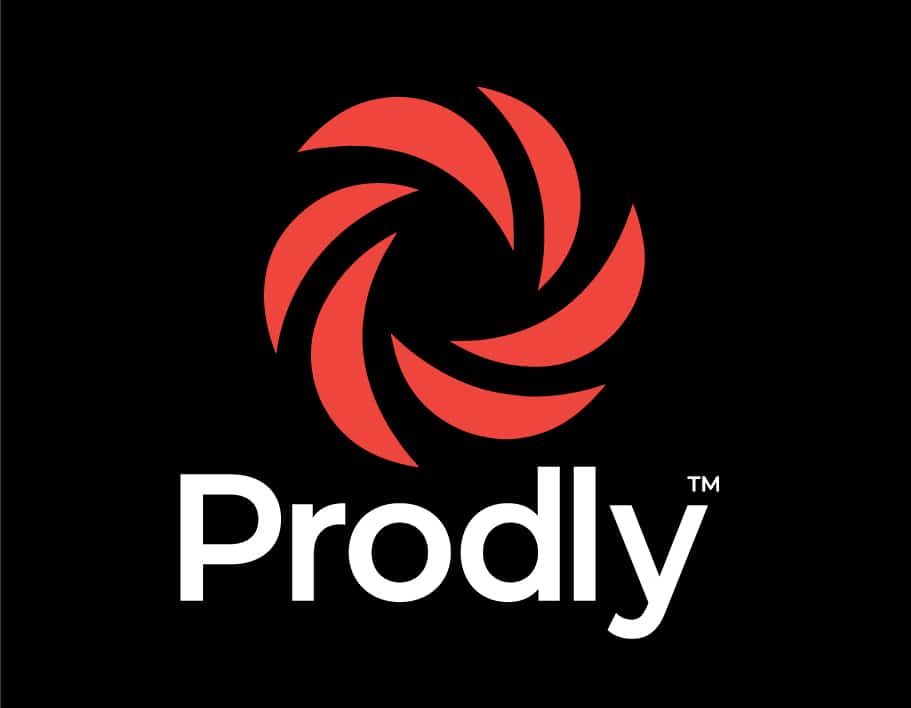In this blog, I outline a strategy for talking to your CFO about investing in Salesforce automation. This involves researching what your CEO’s objectives are and suggesting a solution that’s proven to deliver the desired ROI.
Research Your CEO’s Goals

Before suggesting a new Salesforce automation to your CFO, you need to have a good overview of the factors they’ll consider before investing in one.
The role of the CFO involves supporting the objectives of the CEO. They do this by driving top-line growth and shrinking bottom-line expenses. At the same time, they have to protect your company by ensuring it adheres to all the compliance regulations of your industry.
So if you can attach the automation solution you’re interested in to one of the CEO’s goals, it will likely be accomplished.
How to Find Out What the CEO’s Goals Are
So how can you find out what the CEO’s objectives are?
It’s much easier than you might think. If your company is public, you can research the most recent quarterly earnings statement or earnings transcript and pinpoint what challenges the CEO wants to address.
If your company isn’t public, research documents such as an OKR, V2MOM, or other company-wide goal-setting framework. Check the company’s press releases or internal newsletters, and pay attention during all-hands meetings.
Attach a Salesforce Automation Solution to a CEO Objective
Here’s an example of attaching a Salesforce automation tool to your CEO’s main objective.
Despite challenging market conditions including market volatility, fluctuating exchange rates, and skyrocketing inflation, your CEO’s main goal remains to increase profit. So whatever automation your CFO invests in has to move the needle towards that objective.
One way your CFO can support the CEO’s goal is to ensure you’re making the necessary price adjustments internally. You need to get the right price points to the sales team so the company doesn’t lose revenue. This has to be accomplished with as few resources as possible while adhering to all applicable compliance regulations.
For example, let’s say your company has business operations across the globe. In Salesforce CPQ, it can take between six and 12 weeks to manually make price adjustments resulting from fluctuating exchange rates. In other words, it would take that long before your sales team can sell at the accurate price point. And that equates to a substantial amount of lost revenue.
Prodly DevOps for Salesforce CPQ provides automation that lets you accomplish the same volume of price adjustments in two to three days—instead of two to three months. You need fewer people for the project, so you can reallocate team members to other high-priority projects. What’s more: Prodly DevOps automatically creates an audit trail—so you don’t have to worry about being in compliance.
In short, recommending the cost benefits of Prodly DevOps for moving your Salesforce CPQ changes to your CFO would be a strategic move.
Prove Your Solution Will Deliver the Desired ROI
Of course, your CFO will require proof that any automation they invest in will deliver the desired ROI. So how can you get that?
Many software vendors provide metrics to show how their automation positively impacts their customers’ top or bottom line. You can typically find this type of information in case studies and white papers on their website. If you can’t find the information, ask for it when you get a demo.
Sometimes, Salesforce features interesting customer stories that illustrate how a specific AppExchange app helped a customer solve a business challenge and what the outcome was.
Prepare a Business Case for Salesforce Automation
Best-in-class software vendors partner with you to make a compelling business case that shows how your profitability can grow as a result of the application.
Business Value Calculator
At Prodly, we use a business value calculator to show our customers how the benefits of Prodly DevOps translate into financial impact for their specific company.
Our business value calculator considers the cost of investing in our solution and balances it against five quantifiable outcomes:
- Deployment maturity: The percentage of efficiency teams obtain by using Prodly
- Risk savings: How much revenue could be lost due to downtime without using Prodly
- Agility: The percentage of increase in development capacity gained by using Prodly
- Pricing change increased revenue: How much revenue is lost while waiting on price changes without using Prodly
- Compliance: How much productivity could be consumed preparing for and undergoing external audits without Prodly
Equipped with the numbers of how much your business can profit from investing in a Salesforce automation like Prodly, you can confidently approach your CFO.
Keep It Short and to the Point
As you can see, talking to your CFO about Salesforce automation doesn’t have to be intimidating. Just do your research ahead of time to verify the automation aligns with the CEO’s goals and delivers the desired ROI.
Pitch your proposal succinctly. Ask for five minutes of the CFO’s time, and give them the most impactful metrics. Then be prepared to follow up with more information if they’re interested.
Follow Up With Metrics to Show ROI
Let’s say the CFO decides to invest in the Salesforce automation you recommended. Then it’s best practice to demonstrate the ROI after three to six months. This not only proves the business case—it also builds trust with your CFO for your next initiative.
At Prodly, our Customer Success team is happy to help you determine the financial impact of our products. Then you can take the numbers to your CFO to validate your actions—which in turn can help advance your career.
Do you want to find out how Prodly DevOps can boost your profits? Schedule a demo, and we’ll show you the business value calculation for your specific company!
FAQ
Why do I need Salesforce automation?
You need automation in Salesforce so you can implement DevOps best practices. These will enable you to deliver more high-quality changes faster than you could manually.
How do I quickly run a Salesforce CPQ deployment?
Prodly offers automation templates that are built for the entire Salesforce CPQ schema. Using them, you can run deployments in 80 percent less time than using Data loader.



